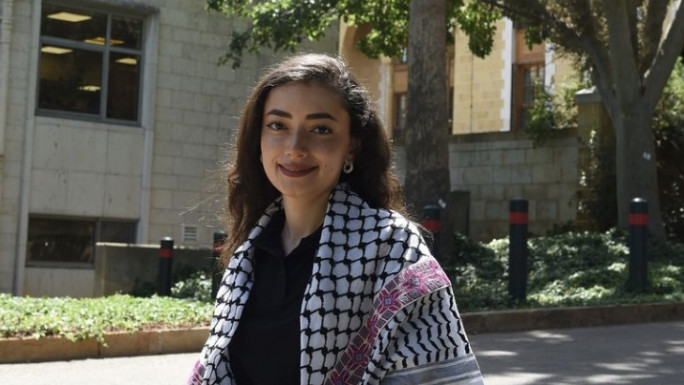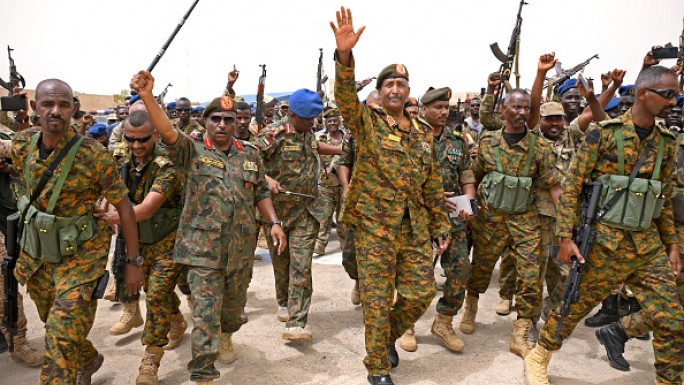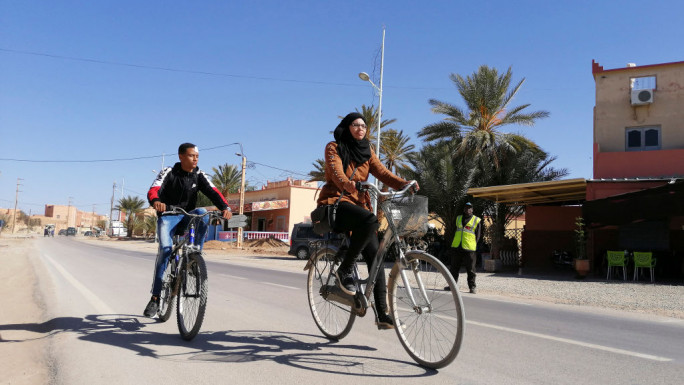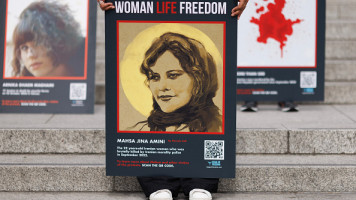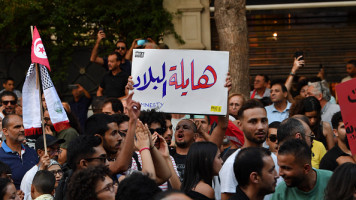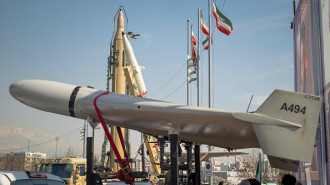Turkish military clashes with PKK in northern Iraq force hundreds of villages to evacuate
Intensifying military clashes between the Turkish army and the Kurdistan Workers' Party (PKK) in northern Iraq have forced hundreds of Kurdish villages to evacuate, displacing thousands of residents and causing widespread destruction to agricultural land.
The situation worsened just after Baghdad and Ankara signed a memorandum of understanding aimed at strengthening military and security cooperation and counter-terrorism.
A Kurdish source from Duhok province, speaking to The New Arab anonymously, highlighted the severe impact on villages near the Gara and Metina mountains and around the towns of Amedi and Kani Masi. The ongoing military confrontations have forced residents to flee to Duhok City, where they face a shortage of jobs and accommodation, with housing costs skyrocketing and local authorities reportedly ignoring their plight.
The source also revealed that the Turkish army's attempts to establish bases on Gara Mountain are being met with strong resistance from PKK fighters, who have shifted their tactics towards using explosive-laden drones.
Mustafa Qarasu, a leader of the Kurdistan Communities Union, recently elaborated on the changes in the conflict dynamics, noting that Turkey has expanded its military approach to encircle and attack guerrilla-held areas, leading to extensive village destruction and fires.
Despite these challenges, Qarasu confirmed the guerrillas' ongoing resistance, emphasizing the struggle as a fight for Kurdish autonomy and existence.
The KCK is an umbrella political organization for Kurds who support Abdullah Ocalan, the PKK's imprisoned leader, and is linked to the PKK in general.
The PKK labelled a terrorist organization by Turkey, the United States, and the European Union, remains entrenched in the region, continuing its long-standing demand for autonomy.
In a significant development, the Iraqi government officially banned the PKK on July 14, as confirmed by the Department of Administrative Affairs at the Iraqi Parliament. Prime Minister Mohammed Shia al-Sudani's directive marked the clearest statement to date from the Iraqi government on the group's status, labelling the PKK as the "banned Kurdistan Workers' Party" in all official correspondence.
This move reflects Baghdad's increasing alignment with Ankara, following Turkish President Recep Tayyip Erdogan's visit to Iraq in April, during which he discussed joint actions against the PKK with Iraqi officials.
The security memorandum between Iraq and Turkey also plans for the establishment of a security coordination centre in Baghdad and a training and cooperation centre in Bashiqa. These centres aim to bolster the capabilities of both nations to address threats from terrorist organizations and improve regional security.
Moreover, recent measures by the Iraqi government, including bans on Kurdish and Yazidi parties linked to the PKK in the contentious Sinjar district, underscore the ongoing efforts to manage the threats posed to sovereignty and security. These actions reflect the complex security landscape in northern Iraq, where geopolitical and ethnic tensions continue to intersect.
The persistent conflict in northern Iraq between Turkish forces and the PKK continues to destabilise the region, despite recent international and local efforts to bolster security.
As both sides adapt their military strategies, the civilian toll mounts, with numerous Kurdish villages facing ongoing threats to their safety and economic stability.
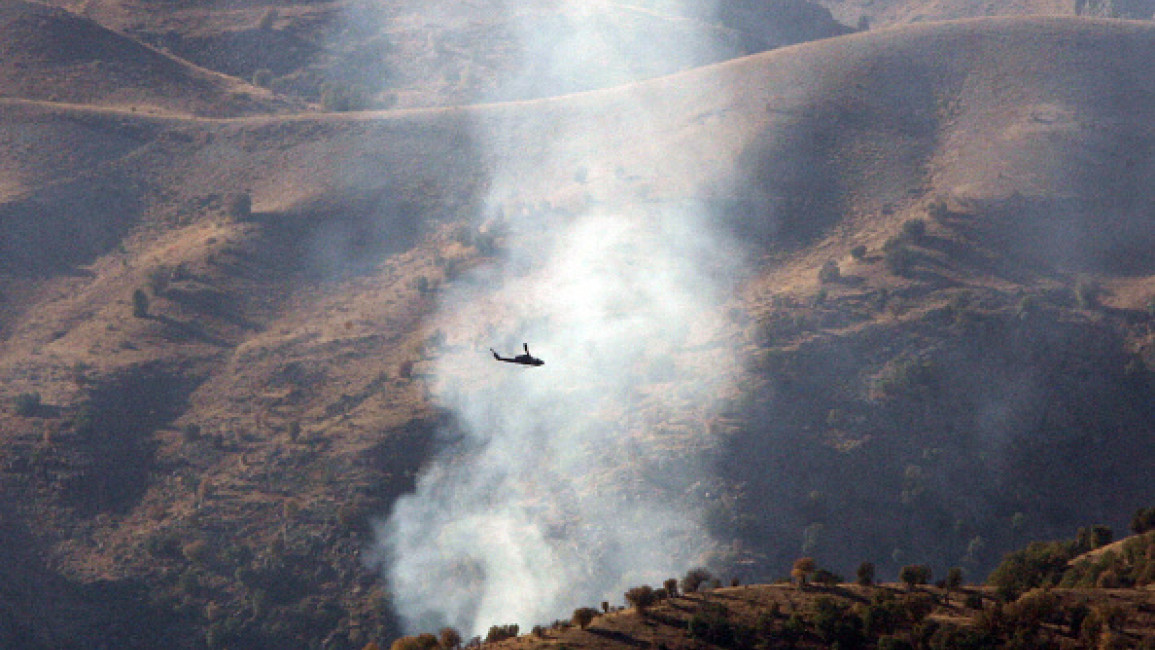
![Palestine sat next to member states at the United Nations General Assembly on Tuesday [GETTY]](/sites/default/files/styles/image_684x385/public/1441455581.jpeg?h=199d8c1f&itok=CgJaFY6v)
